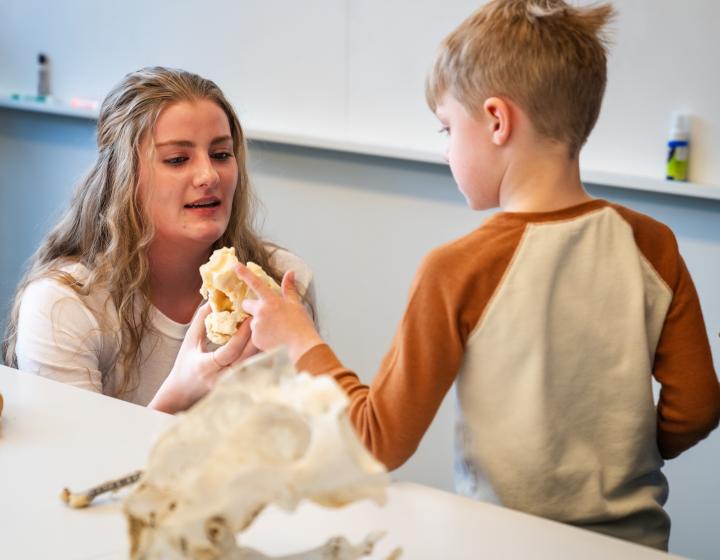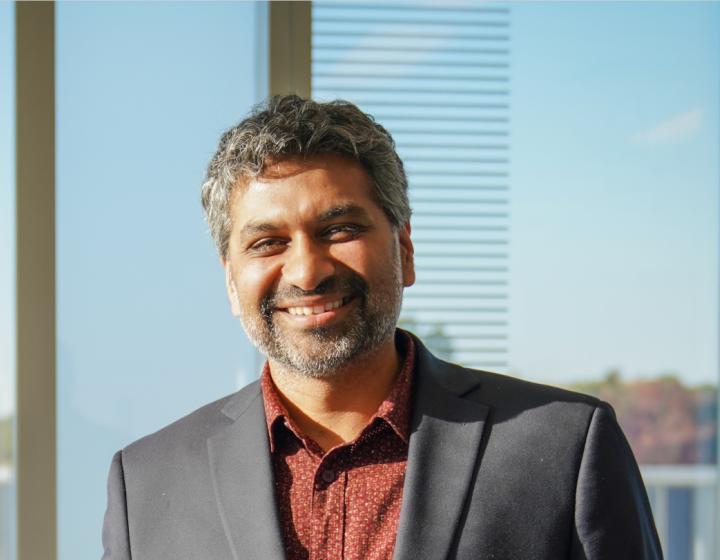BEST grant ensures paths less travelled will be explored
 A new program will give graduate students and postdoctoral scholars at Cornell University new opportunities for exploring both traditional and nontraditional career options. The Broadening Experiences in Scientific Training (BEST) program will provide information, internships, and other resources to prepare students for careers in industry, government, and communication in addition to traditional academic careers, according to Cornell officials.
A new program will give graduate students and postdoctoral scholars at Cornell University new opportunities for exploring both traditional and nontraditional career options. The Broadening Experiences in Scientific Training (BEST) program will provide information, internships, and other resources to prepare students for careers in industry, government, and communication in addition to traditional academic careers, according to Cornell officials.
The Cornell BEST program has received a $1.25 million, five-year grant from the National Institutes of Health and will launch in March 2014. The program is collaboratively organized by the Cornell Graduate School in cooperation with the graduate education office at Cornell’s College of Veterinary Medicine.
Application to the program is competitive. Approximately 30-50 participants will be selected for the inaugural year. These trainees will have access to a variety of on- and off-campus programmatic opportunities, including weekend seminars and lectures and deeper, more intensive sessions that can span one or more weeks.
“The goal of these programs is to provide information and experiences that will allow graduate students and post docs to consider a wide range of career paths,” said Dr. Joel Baines, the Associate Dean for Research and Graduate Education and the James Law Professor of Virology at the College of Veterinary Medicine. “In the past, most trainees entered doctoral programs with the intention of establishing their own lab in the future. While this career path is vital to our future, society also needs well educated professionals placed in a variety of areas, including academia, industry, government, public health, and the media, to ensure that decisions and directions are based on scientifically valid, evidence-based information.”
To illustrate the variety of career options, the BEST program will highlight four pathways, each led by a faculty mentor or the program’s senior director.
- Dr. Bruce Lewenstein, from Cornell’s College of Agriculture and Life Sciences, will lead students in the exploration of Science Communication. Students will learn both how and why to communicate about scientific issues with non-scientists, whether in person or in written, broadcast, video, and web based formats.
- Dr. Alfonso Torres, from the College of Veterinary Medicine, will focus on Governance, Risk and Compliance, connecting students with representatives from government organizations, like the Departments of Agriculture and of Homeland Security, and preparing students to investigate pathogens considered to be bio- and agroterrorism risks.
- Dr. Chris Schaffer, from the College of Engineering, will delve into Science Policy. Trainees may, for example, prepare and pitch a proposal for a new bill to a Congressional representative, with the ultimate goal of bringing the bill to the congressional floor for consideration.
- Susi Varvayanis, Senior Director, will focus on Industry, Entrepreneurship and Management. This pathway will encourage students to immerse themselves in the culture and entrepreneurship of biotech companies, so as to develop a better understanding of the demands faced by professionals who use living organisms to develop commercial products.
Trainees may opt for a single pathway or sample more than one of the pathways in less detail.
“Participation will be tailored to match each student’s personal aspirations and interests,” said Baines. “The program is structured to encourage people to consider paths that are pursued less often, but that increasingly offer tremendous opportunities for a future of meaningful discovery and professional satisfaction. The skills they learn will be useful both in traditional and nontraditional settings.”




